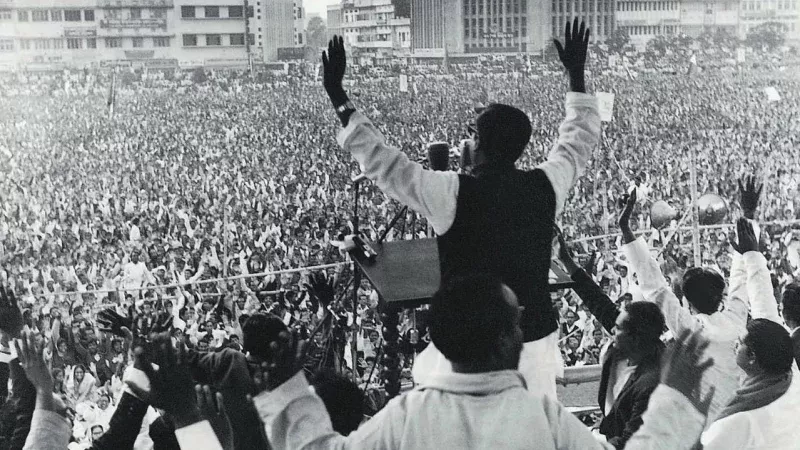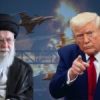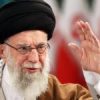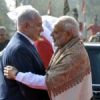
In January 1975 Sheikh Mujibur Rahman, made one of the most controversial political decisions in the country’s history. By declaring the formation of BAKSAL, the Bangladesh Krishak Sramik Awami League, he abolished the multiparty system and turned the country into a one-party state. This step, which he defended as a way to bring stability and development, quickly turned into a political trap that alienated his allies, emboldened his enemies, and eventually paved the way for his assassination on 15 August 1975.
The essence of BAKSAL was the concentration of all power in the hands of Mujib himself. Parliament became meaningless, opposition parties were banned, and the press was silenced. Only four government-controlled newspapers were allowed to function, stripping the nation of its freedom of expression. For a country that had just emerged from a bloody struggle against authoritarianism, this felt like a betrayal of the very democratic ideals the Liberation War had promised. The people who had seen Mujib as the embodiment of democracy now began to view him as an autocrat.
Economically, the decision proved disastrous. Bangladesh was already reeling from the famine of 1974, when millions went hungry and thousands died. Corruption spread unchecked in the absence of accountability, and the centralization of resources under BAKSAL made mismanagement worse. Prices of essentials soared, black markets thrived, and ordinary citizens lost faith in the government’s ability to deliver. Instead of restoring order, the system deepened despair and frustration across the nation.
The military too grew restless. Many officers who had risked their lives in 1971 felt sidelined and humiliated. Mujib’s experiment of blending bureaucrats, politicians, and military officers under one party system generated mistrust rather than harmony. A growing gap developed between the civilian leadership and the army, and discontent among the ranks became fertile ground for conspiracies. At the same time, opposition forces ranging from leftist revolutionaries to Islamist groups saw BAKSAL as proof of Mujib’s authoritarian ambition and began organizing against him.
What hurt most was the suppression of the spirit of free thought and speech. Students, intellectuals, and workers who once chanted Mujib’s name began to lose faith. For them, BAKSAL symbolized the abandonment of the democratic struggle they had fought for in 1971. The narrowing of political space created bitterness and disillusionment, and those emotions would soon find an outlet through violence.
When the coup took place in August 1975, the conspirators did not need to work hard to justify their actions. The authoritarian turn of BAKSAL had already alienated vast sections of society. Mujib’s experiment to create a controlled democracy was seen instead as a path to dictatorship. In trying to protect his leadership and consolidate power, he weakened his support base to the point that his assassination, though brutal and shocking, was made possible by the silent approval or indifference of many who had once been his followers.
Thus BAKSAL stands as one of the darkest chapters of Bangladesh’s early years. It did not only dismantle the democratic aspirations of the people but also set the stage for the violent removal of the man who had once been their greatest hope. Sheikh Mujibur Rahman’s place in history as the Father of the Nation is undisputed, but the imposition of BAKSAL remains a tragic irony. It turned his leadership from a symbol of liberation into a symbol of authoritarianism, and it became one of the central reasons for his death. The lesson that echoes from this episode is stark: democracy, once suppressed, creates discontent strong enough to destroy even the most towering of leaders.






আপনার মতামত জানানঃ